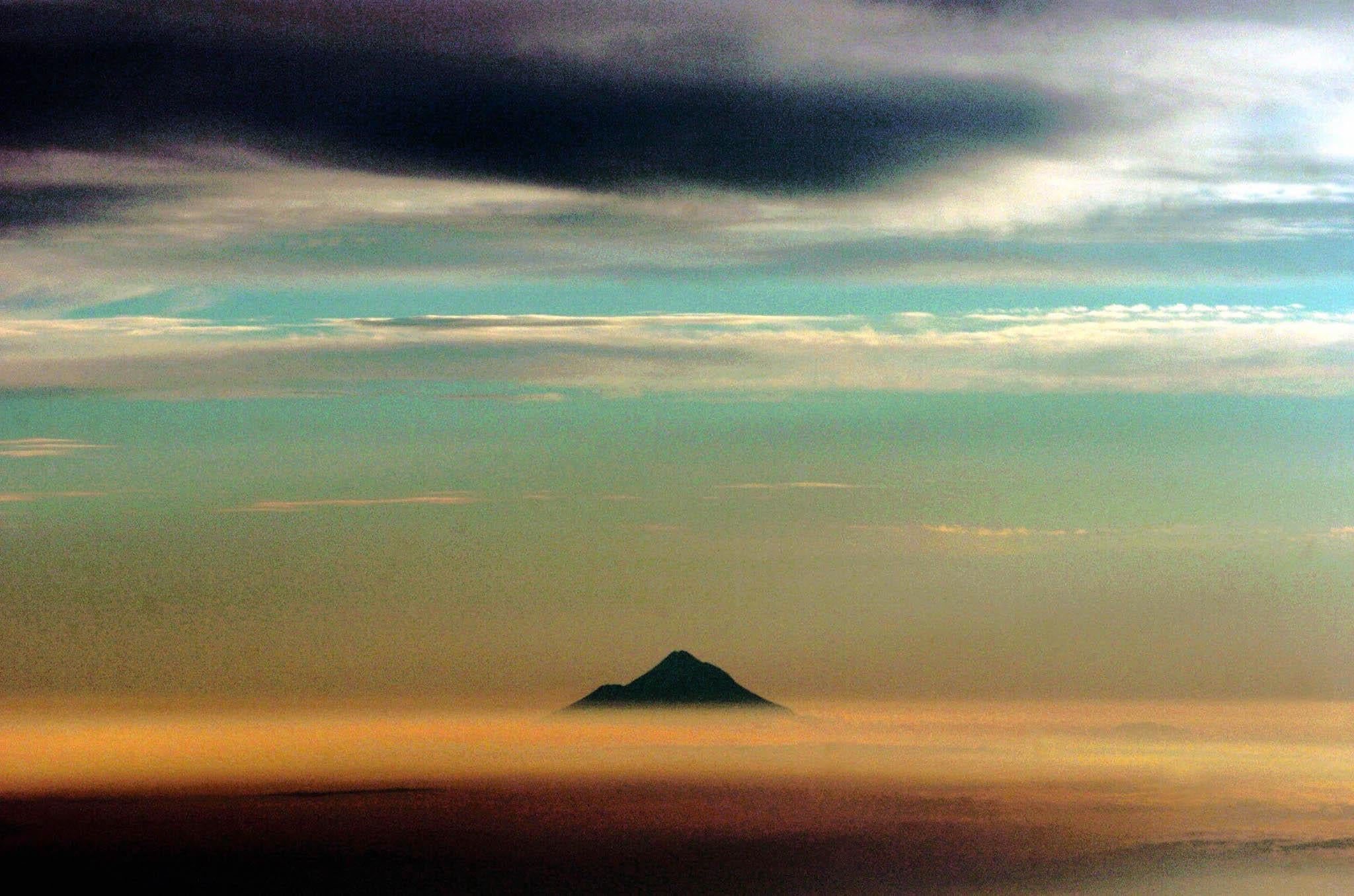Voyage to sunken continent of Zealandia reveals thousands of fossil specimens
Scientists now believe 5,000,000 sq km mass served as a land bridge millions of years ago

Scientists have uncovered more than 8,000 fossils during an expedition to a lost, underwater continent in the Pacific Ocean.
Drilling into the crust of Zealandia, thousands of feet below the surface, researchers discovered the remains of hundreds of species including pollen from land plants.
The land mass, on which New Zealand sits, was announced as the globe's newest continent earlier this year. It spans 5,000,000 sq km and is a distinct geological entity, a landmark study declared in the summer.
Now it is believed Zealandia was once much closer to the ocean's surface and may have served as a land bridge for animals moving around the south Pacific region.
Gerald Dickens, from Rice University in the US, said after the expedition returned: "The discovery of microscopic shells of organisms that lived in warm shallow seas, and spores and pollen from land plants, reveal that the geography and climate of Zealandia was dramatically different in the past.
“The new discoveries reveal that the formation of the Pacific 'ring of fire' about 40 to 50 million years ago caused dramatic changes in ocean depth, volcanic activity, and buckled up the seabed of Zealandia,”
Rupert Sutherland, of New Zealand's University of Wellington, said the continent "probably" sank beneath the waves after it separated from Australia and Antarctica.
Jamie Allan, from the US National Science Foundation, said: "This ... expedition has offered insights into Earth's history, ranging from mountain-building in New Zealand, to the shifting movements of Earth's tectonic plates, to changes in ocean circulation and global climate."
Join our commenting forum
Join thought-provoking conversations, follow other Independent readers and see their replies
Comments
Bookmark popover
Removed from bookmarks